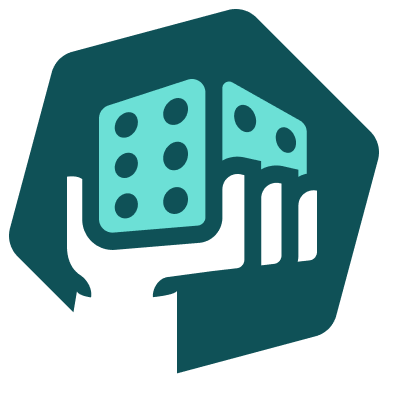HOUSE RULES FOR OPEN-PLAY + D&D

HOUSE RULES FOR D&D CAMPAIGNS
1
This is a safe space
Be courteous and respectful — both in and out of character! Although it can be fun to play a character who gets under other people's skin at times. D&D is a cooperative experience so let's work together to make it fun for everyone!
Intentional player vs player violence (a.k.a. "friendly fire) and betrayals are explicitly prohibited.
2
We keep things PG-13
- NO swearing
- NO sexual content or situations, be it between players or NPCs
- NO racism, sexism, classism, ableism or discrimination.
- NO portrayals of drug use
- NO violence or empirically "evil" acts towards "innocents" (villagers, children, common animals, etc)
3
Ask for consent
Most people know how important it is to respect their fellow players. But not everyone realizes it's just as important to respect the characters. Make sure everyone is on board with what is happening! Also, don't touch other players' dice without asking.
4
Avoid distractions
Please try not to zone out, wander off, or grab your phone during sessions. Especially during combat, following along and knowing what you want to do when your turn comes around will make the game more fun. It'll help everyone stay engaged and enjoy the story.
5
Avoid metagaming
You may know something about a campaign situation or encounter, but that doesn't mean your character knows it too. If you want to know if your character would know something, ask the DM. Often, you'll be able to make an ability check or research that information in-game.
This also applies to more experienced players who
may be inclined to "armchair DM". You may know a ton about spells, weapons and creatures, but chances are slim that the Level 5 Barbarian you're playing knows the ins and outs of which sorcerer spells can be ritual-cast or that a Grell is immune to lightning damage.
6
Stay in character
The DM will rarely, if ever, say "No, your character can't do that". They will usually say "you can certainly try" and the dice will determine the outcome.
If the DM senses that an action may be "out of character" for that player's character, they may ask the player to reflect by asking "is that really something your character would do..?"
Even when an action is deemed true to your character's nature, if it conflicts with the first three House Rules, the DM may intervene or pause the campaign to ensure everyone feels safe and comfortable.
7
Rolls and rules
All player dice rolls happen on the table, in full view. Dice rolls only count when asked to do so by the DM. Dice that fall off the table or are "cocked" (stuck on an edge) will be rerolled. Accept the result as rolled — after all, the worst rolls make the best stories.
If there is a rule or situation that is not clear, it will favor the player by default — there are some rules or mechanics that may require more in-depth research, but we will reserve that for after sessions to avoid disrupting the flow of play.
8
Errors and oversights
Like everyone else, the DM is gloriously imperfect. As such, the DM will sometimes make a mistake or miss something. Players are always welcome to (respectfully) bring it to the DM's attention and if it's legit, the DM will adjust/correct as needed.
This is why it's important for players to keep their character sheets current and correct, and why it's never a bad idea to keep notes of significant events, locations, NPCs, and story elements.
